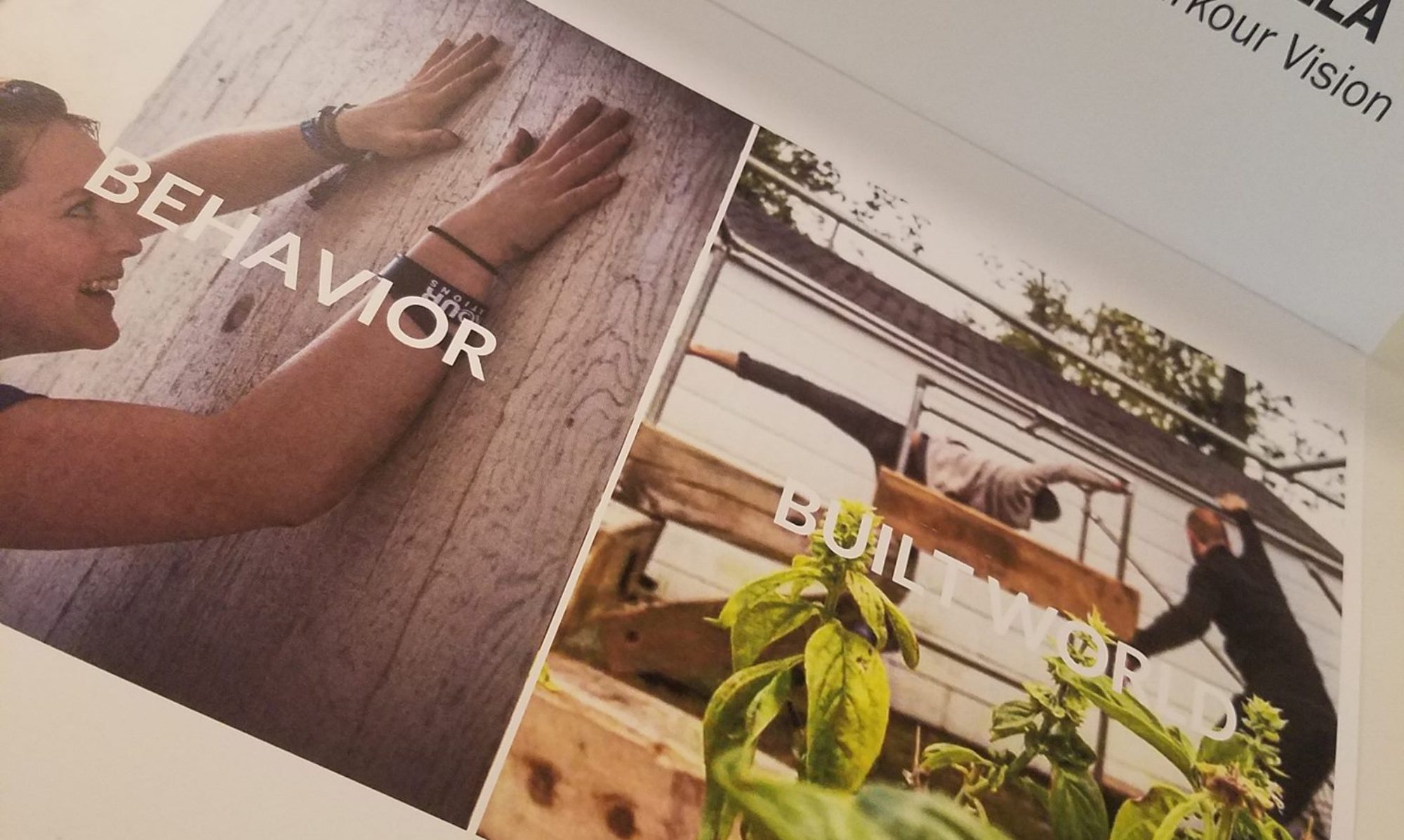“If you aren’t making mistakes, you aren’t taking enough risks.”
I have seen this quote in most writings and talks on finding success in the world of leadership and innovation. However, what is often lost or overlooked is the larger message around failure mindset.
Ed Catmull, founder of Pixar, reflected: “The better, more subtle interpretation is that failure is a manifestation of learning and exploration. If you aren’t experiencing failure, then you are making a far worse mistake: You are being driven by the desire to avoid it. And, for leaders especially, this strategy — trying to avoid failure by out-thinking it — dooms you to fail.”
In a culture that is constantly testing and measuring the intelligence and capacity of our students and workers, and punishing underperformers (socially, financially, etc), it is no wonder that most people are focused on ‘getting things right’ the first time and optimizing processes to minimize failure/error in the future. We get conditioned early on to carry the mindset that there is a ‘right’ and ‘wrong’ answer to most problems, and that we must avoid being ‘wrong’ at any cost possible.
Yet the largest problems we face as a society today aren’t so clear cut, and this type of thinking is both limiting and dangerous.
Progressive Iteration
Innovative thinkers are capable of stepping outside an absolute way of thinking (Right vs Wrong). Instead of being concerned about ‘getting it right’, they are concerned with progressive iteration and comparative evolution.
The process of Progressive iteration is the most important skill that I acquired during my study of Architecture. It is an effective mindset and method of creatively approaching problem solving, focused less on arriving at some final solution and more on perpetually evolving from the previous checkpoint. It starts with generating multiple solutions, critiquing and comparing outcomes, searching for blindspots in partnership with outside perspectives, and then synthesizing all that new information to generate more ideas that move the needle further.
Rinse, Repeat. Rinse, Repeat.
From Failure to Potential
Additionally, when engaged in progressive iteration, we don’t really talk about ‘failure.’ Rather we framed our critiques as ‘missed opportunities’ and ‘untapped potential’ or ‘sites for future exploration’. This is a subtle perspective shift but profoundly impactful.
By viewing every effort as a chance to advance forward in some way, by reframing failure as an information-gathering opportunity, you will be liberated from the fear of failing. And, once free, you likely will be emboldened to more often step outside the box, test out wild ideas, challenge long-held norms–all of which open the door to truly transformative innovation.
“In a fear-based, failure-averse culture, people will consciously or unconsciously avoid risk. They will seek instead to repeat something safe that’s been good enough in the past. Their work will be derivative, not innovative. But if you can foster a positive understanding of failure, the opposite will happen.” – Catmull
In school I also learned to emotionally accept and embrace that even with all the information, with hours and hours of study and work, with tons of expert input, I still could end up with outcomes neither expected nor wanted.
…Because in actuality, contexts are constantly shift, people are unpredictable, and life doesn’t rarely has one clear cut ‘right or ‘wrong’ approach.
Safety, Failure, and Leadership
Finally, the last I have to say on this is simply that it is incredibly important to reveal and own failure when in a position of leadership.
“If we as leaders can talk about our mistakes and our part in them, then we make it safe for others.” We humanize ourselves, debunk conceptions around what it means to be an expert, and invite others to take risks too.
Our ability to be vulnerable is the foundation to inspirational and powerful leadership. Creativity, authentic self-expression, honesty, and trust, key ingredients to radical innovation, can only fully exist when one has the ability to safely take risks and make mistakes without fear of repercussions.
When people feel safe to make mistakes, when people feel safe to fail, they will rise, learn, and evolve more quickly. They will be more willing to push into unexplored frontiers, equipped with confidence in their own decision making and abilities. They will create and innovate and possibly even take on the great challenge of changing the world.
